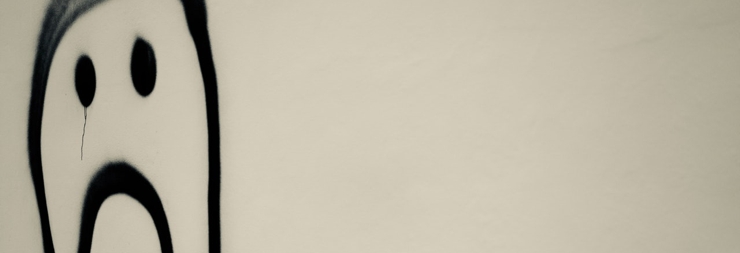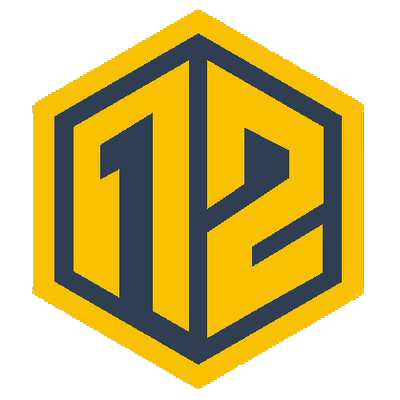The idea of recovery is a profound one. It is someone choosing to take the steps necessary to create an entire new life for themselves. It’s more than simply quitting. Much more.
You can stop eating unhealthy foods. You can stop seeing a friend who is bad for you. You can stop doing just about anything. However, there is always the possibility of starting back up again. Getting back in the bad habit. Going back to all the wrong places. Returning to who you once were.
Addiction Recovery: More Than Sobriety
This is why “stopping” isn’t the essence of recovery. Recovery represents a complete new outlook. A complete metamorphosis that you take part in every day. It’s not about stopping doing something you want to do. It’s about reorienting yourself, so substance use is no longer part of the equation.
Indeed, a person can be sober, but not in recovery. A person can just say no, and not understand what it means to be part of the higher plane of existence available to them. It’s beyond saying no; it’s not even having to say anything. It’s a new existence.
Digging Deeper Into Addiction
That said, stoping doing drugs or drinking is a great first step. But that’s just what it is, the FIRST step. This step is a powerful and life-changing one. It often comes because a person has seen, felt, and suffered through the horrendous consequences of living in the grips of a substance use disorder.
But that is just the first step.
The problem comes when the person stops there—creating what has been termed the dry drunk.
Still Unhealthy
Dry drunk syndrome was originally coined by the creators of the 12-Step program: Alcoholics Anonymous.
The essence of the issue is when a person who has stopped using a substance still has unhealthy habits that influence their life. There is all kinds of baggage still there. Emotional. Physical. Psychological. These are very likely the deeper issues that played a big part in leading to a substance use disorder in the first place.
This kind of phenomenon is actually quite common. It occurs because getting healthy is hard work. It takes effort and intentionality, and almost always, help from a professional (or someone who has been there).
The latter of these is partly why the “dry drunk” is very often someone who has tried to quit cold turkey on their own. Support and guidance are vital to lasting, deep recovery.
Do you know a Dry Drunk?
There are a couple of tell-tale signs on whether you have someone in your life with this kind of condition. Do they exhibit:
- Damaging life decisions
- Lashing out at friends or family
- Bitterness toward recovery
- Finding new addictions
- Always talking about the good ol’ days (referring to their substance use)
- Upset about life
- Self-pity
- And more …
These things are not part of recovery. Often the person suffering with this condition are fixated on the fact that they never wanted to get sober in the first place. This causes deep resent and even bitterness.
It Happens
The Dry Drunk is not a bad person. They have actually done something very impressive: taken on a powerful addiction all on their own. But now they are miserable!
And recovery is not miserable. It is the superior way to experience life. This is why detox and addiction from a high-quality treatment center with an experienced staff and a individualized approach to each person’s recovery, is the best option. This is the kind of treatment clients receive from SoCal Detox in Orange County, California (San Clemente).
In order to get put on the right path for full, real recovery as opposed to angry abstinence, chose SoCal for the first step for you or your loved one. Call us today for a free consultation with one of our addiction specialists to find out about our unique individualized program: 888-590-0777.




